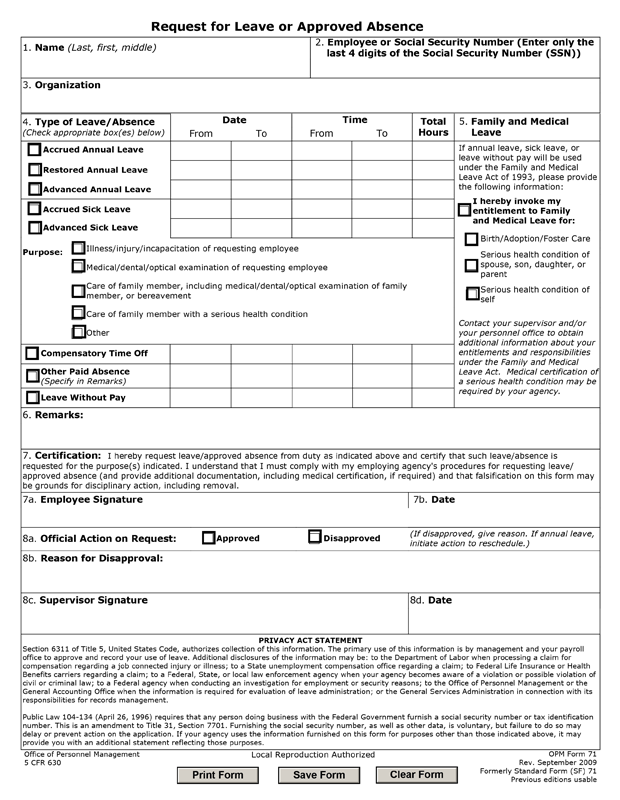
If you're making a career change, is it because you simply reached the point where you couldn't stand what you were doing anymore? If so, that's not necessarily the best way to put it to a prospective employer. That way, a hiring manager won't be worried that they'll bring you on board only to lose you in a few months. You can address that this was a very specific and one-time issue that is now resolved and assure them the situation isn't part of a pattern. While you certainly don't have to get into the specifics if you went out on the Family and Medical Leave Act and then just didn't return to the job after your 12 weeks were up, you might want to at least give the interviewer some key information. Of all the good reasons for leaving a job, your duty to your health and your loved ones is at the top. You Left to Take Care of a Family Member or Health Issue If you have no other gaps on your resume and have a track record of working with companies for big chunks of time, an interviewer should be satisfied with that response.

Many companies embrace a work-life balance, so focus your answer on the type of work environment you thrive in. I believe we perform our best when we have a healthy balance between work and life." Instead, say something along the lines of: "I'm looking for an opportunity where I can leverage my skills and experience, while also balancing time with family and friends. Do not launch into a tirade about how you were expected to work 80 hours a week or how your supervisor expected you to answer 11 p.m. So there you are, in the interview, and the hiring manager asks innocently enough, "Why did you leave your last job?" Deep breath. You Left a Demanding Job Because You Were Feeling Burned Out

Some reasons for leaving a job include additional responsibility, increased pay, and relocation.
Reason for leave free#
When you look for a new job, you need to be prepared to explain to a hiring manager why you're a proverbial free agent. There are plenty of good reasons for leaving a job.


 0 kommentar(er)
0 kommentar(er)
